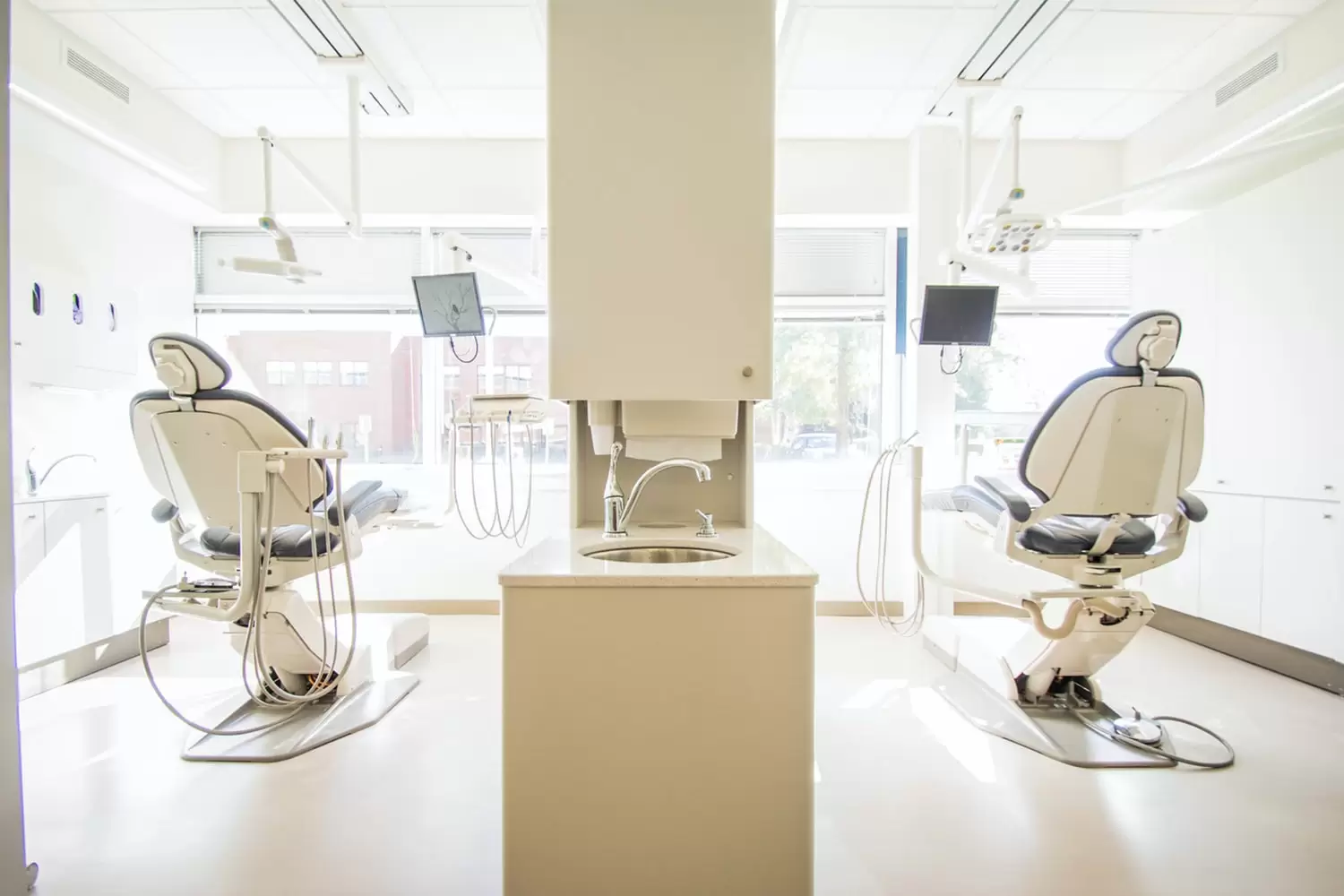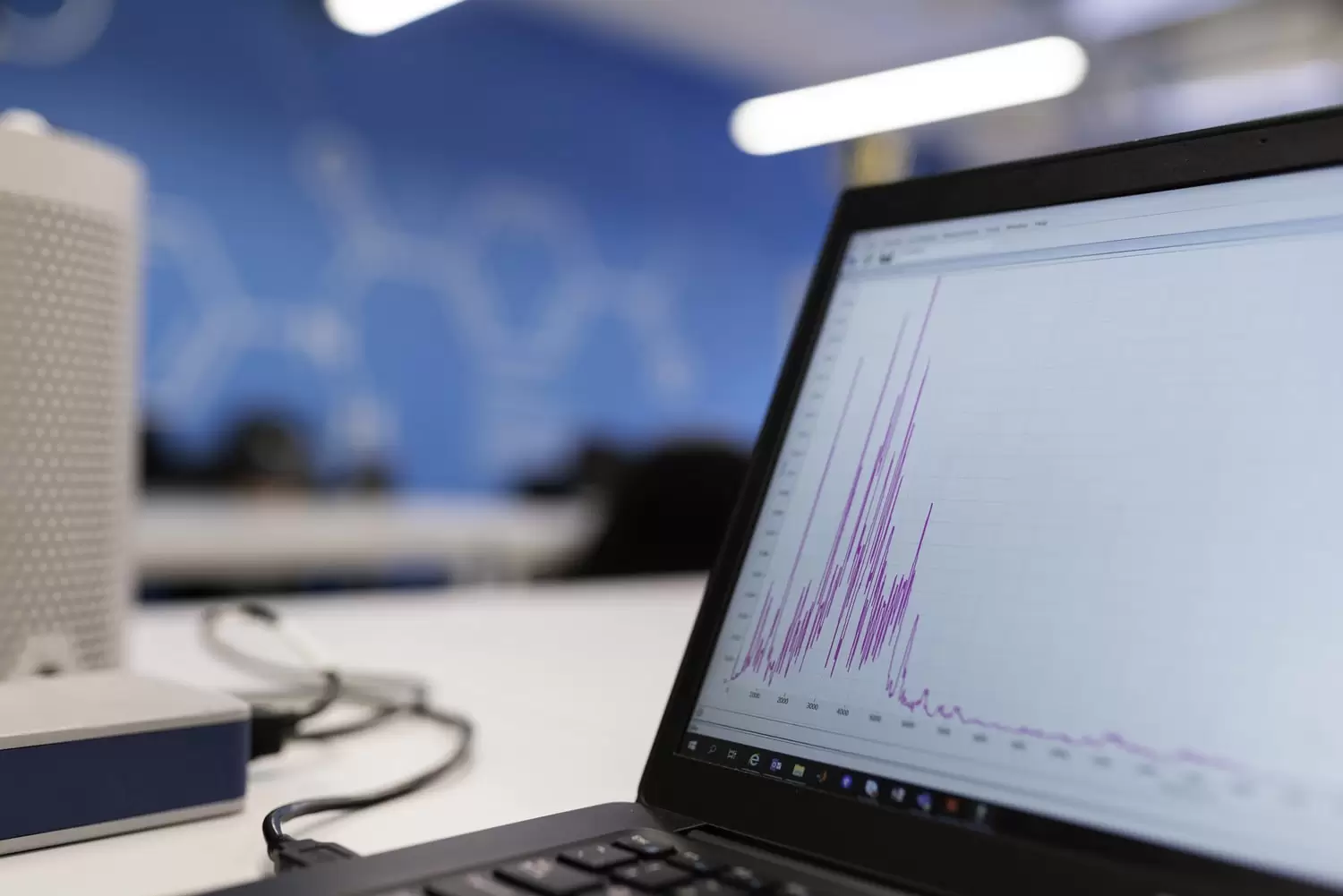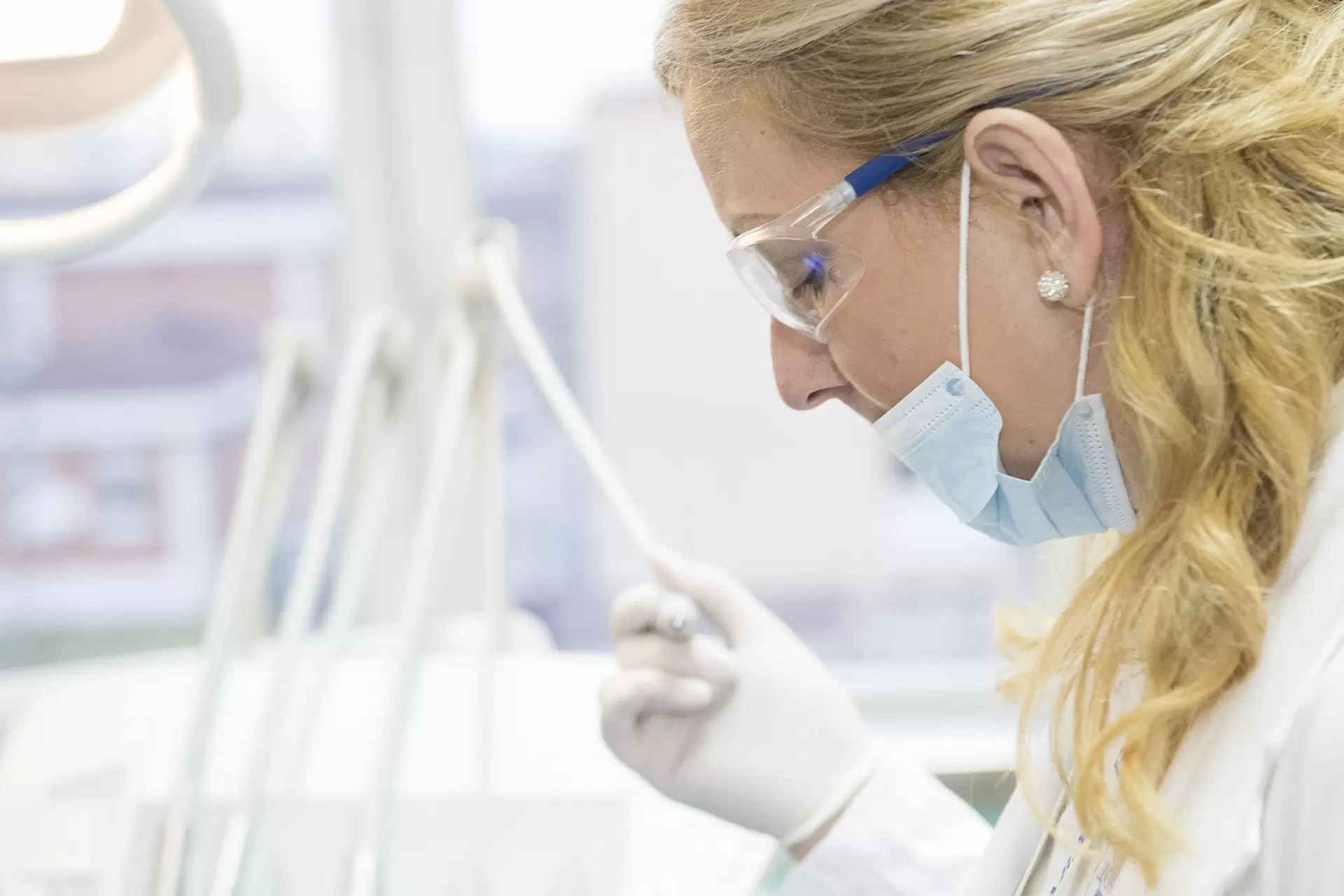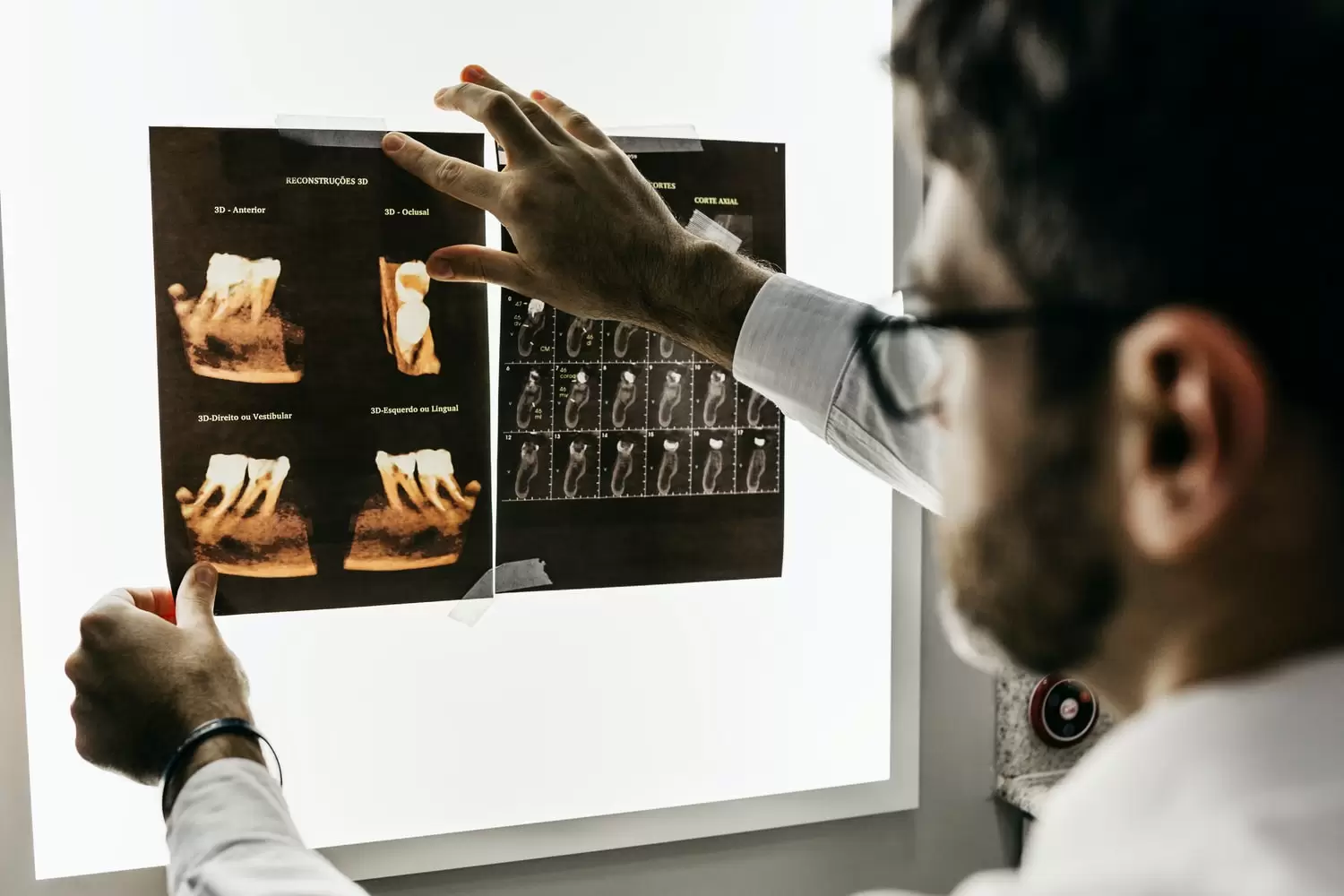
Almost every state is partially or fully reopening in the wake of the initial COVID-19 outbreak. In the initial response to the pandemic, and especially to prioritize medical services for COVID-19 patients, many states suspended elective surgeries. Now, these restrictions are easing. The states of New Mexico and Pennsylvania will resume dental procedures this week.
Certain operating restrictions will still be applied to maintain social distancing guidelines.
As of this posting, there were over 1.32 million positive coronavirus cases and 80,000 deaths in the United States.
The only thing that may be more prevalent than sharply divided opinions over lockdowns and reopening is confusion.
According to the White House’s own reopening guideline suggestions, a state should see a 14-day decline in coronavirus infections before reopening.
No American state can currently qualify under such guidelines.
Reopening is causing anxiety amongst state officials worrying that public complacency may cause subsequent secondary or tertiary waves of infections.

So, in light of such conflicting information concerning public safety, is it safe for states to resume elective surgeries like dentistry?
How can New Mexico and Pennsylvania safely resume dental procedures in the middle of a pandemic?
Most importantly, how can you protect yourself if you schedule an elective surgery in your state as it reopens?
First, what exactly constitutes, an, “elective surgery?”
What is Elective Surgery?
An elective surgery is also known as a, “planned surgery.”
Elective surgery is not just a medical procedure that one chooses to undergo. It can be a medical procedure that a doctor decides isn’t medically urgent and can be planned for a later date.
Most forms of elective surgery were suspended by state and local governments as the gravely infectious nature of COVID-19 was realized.
Examples of elective surgery include:
- Some forms of cancer treatment
- Plastic surgery
- Appendectomy
- Wart removal
- Kidney stone removal
- Dental work
Elective surgeries were originally suspended to prioritize COVID-19 medical services and maximize PPE supplies.
PPE, or personal protective equipment, is a term denoting various protective medical gear like masks, plastic gloves, surgical gowns, and so on.
Elective surgeries were also suspended to decrease the risks of further in-hospital COVID-19 infection transmission.
Since dentistry requires close contact between dentist and patient, how can states like New Mexico and Pennsylvania resume dental procedures without inciting confusion?
New Mexico to Resume Dental Procedures
Dentists will resume dental procedures in New Mexico beginning this week except in three counties.
Cibola, McKinley, and San Juan counties are experiencing surges in coronavirus cases and are exempt from the state’s reopening edict.
Dentists must abide by best medical practices to prevent COVID-19 infection spread and strategically ration PPE supplies as per state guidelines.

New Mexico dentists must develop PPE burn rate metrics to calculate how rapidly they burn through essential supplies as they operate.
Then, they must submit a form to the state attesting that they are following the state’s enhanced guidelines for dentistry.
While New Mexico dentists must follow the state’s PPE preservation guideline, how they operationally resume dental procedures seems arbitrary.
The New Mexico reopening guidelines aren’t as clear as those in Pennsylvania, which is causing confusion amongst practitioners.
Pennsylvania’s Dentistry Reopening Guidelines
Like New Mexico, Pennsylvania will allow dentists to resume dental procedures this week.
According to the Pennsylvania Department of Health, the state’s PPE supplies won’t be prioritized for dentistry. So, local dentists must provide their own PPE.
Any Pennsylvania dentist office without sufficient PPE to ensure proper operational social distancing can’t resume dental procedures.
The newly revised guidelines released via press release by Pennsylvania Governor Tom Wolf and Secretary of Health
Dr. Rachel Levine has also caused a lot of confusion.
Along with stipulating that PPE supplies must be strategically preserved, dentists can’t resume dental procedures which cause aerosolizing sprays to occur.
In other words, dentists can’t perform any high-speed dental drilling work to mitigate COVID-19 infection concerns.
According to the governor and health secretary’s press release:
“Procedures that create a visible spray that contain large particle droplets of water should not be performed because they are considered aerosol generating.”
This particular prohibition keeps local dentists from performing significant dental work.
Eric Smigma, an oral surgeon from Pittsburgh, attests to the confusing nature of the state’s guidelines.
“From a general dental perspective, it’s a contradiction to say you can start doing elective procedures but no high-speed drilling because almost all their care is with a high-speed drill doing fillings, cavities and crowns. So that really kind of talks in a circle,” said Smigma.
Smigma also frustratingly notes the catch-22 like situation where the state mandates local dentists use PPE to resume dental procedures yet won’t supply them.
Protecting Against As States Resume Dental Procedures
If you’re planning to visit your local dentist as your state reopens, here are steps you can take to stay safe.
Call ahead and inquire about your dentist’s COVID-19 preventative practices.
Your local dentist should have at least 30-days of PPE supplies as they operate.
Inquire about staff COVID-19 testing practices. Remember that it takes up to 2 weeks to get results. And, that some
COVID-19 tests on the market have false negative results as high as 30%.
Ask about social distancing guidelines.
Get as much information as possible about your local dentist’s operating procedures to protect yourself as much as possible.

Read More
Why Seniors have to take care of Their Dental Health
What Is The Average Cost Of Tooth Extraction?
How Can Coronavirus Affect Your Credit Score
How To Quickly Recover From A Job Loss
DON’T FALL FOR THESE CORONAVIRUS-THEMED ONLINE SCAMS
Allen Francis was an academic advisor, librarian, and college adjunct for many years with no money, no financial literacy, and no responsibility when he had money. To him, the phrase “personal finance,” contains the power that anyone has to grow their own wealth. Allen is an advocate of best personal financial practices including focusing on your needs instead of your wants, asking for help when you need it, saving and investing in your own small business.

